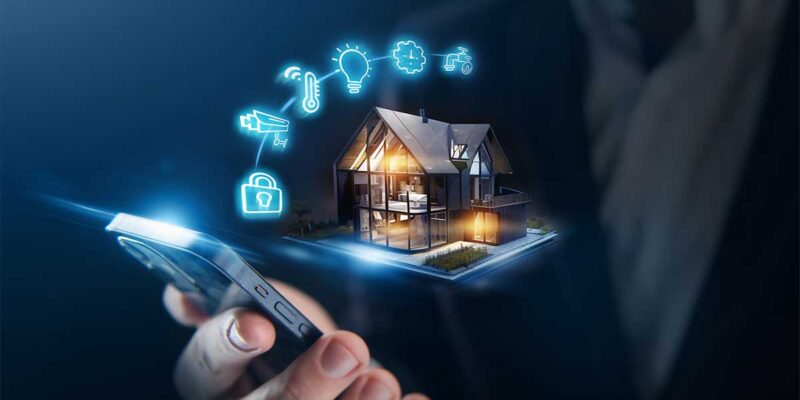Practicing Safe Automation

A couple of years ago, I was on an AV podcast and someone asked me if I would ever put a smart lock onto my house. I said I’d need to think long and hard about the security aspects of it before I considered it. Flash forward to today, and I just put in an order for an additional smart lock for my house. What changed my mind?
For the most part, I realized that if someone *really* wanted to break into my house, they would probably just break a window. In fact, when we got robbed a few years ago, that’s exactly what the criminals did. We have since installed an alarm system. A dedicated criminal might try to hack into my house’s RF network, but anyone with that kind of dedication is probably going to find several easier ways to break in. The easiest one being a large rock.
There are many important ways of securing a smart home. Don’t use open Wi-Fi networks. Don’t use default passwords. Lock down remote access. I could go on and on. If you have followed best practices, the home’s automation system shouldn’t be a security vulnerability. In fact, it just might make you safer.
With properly configured smart locks, you can program your way around human error. Does your husband sometimes forget to lock doors behind him (mine has been known to do that)? My smart lock has an auto-lock feature. Even if he forgets in the morning, the lock will secure itself. I also have our lights tied into our goodnight lighting scene. Now I can hit a button on my nightstand and have all the lights in the house shut off, and the doors lock. Now that’s some peace of mind.
Do you sometimes worry that you might have forgotten to lock the door? With (secure) remote access, you can easily double check. And if you forgot, one push of a button will lock it for you.
Do you have to give people temporary access to your house? Our cleaning lady has her own passcode to get in our front door. Now we don’t have to hide a key for her (a spare key in a flower pot has to be one of the biggest vulnerabilities out there). And if we ever parted ways, we can wipe her code without having to change the locks. You can even lock down access to specific days, or keep logs of who has locked and unlocked the door.
And then there’s the convenience factor. I can go for a jog through the neighborhood without having to carry any keys. And I’ve programmed my lights to come on at night when the front door is unlocked.
There are many reasons to be skeptical about how the Internet of Things might affect our security. But if you purchase the right equipment, set it up properly and then train everyone on how to use it, a smart house can be a very safe place.





